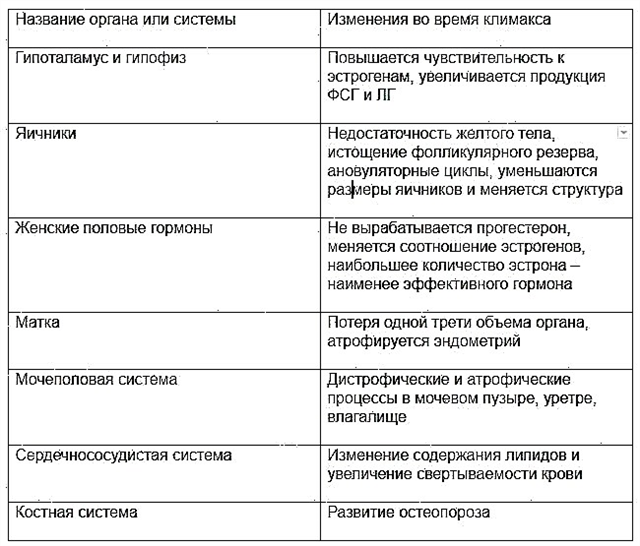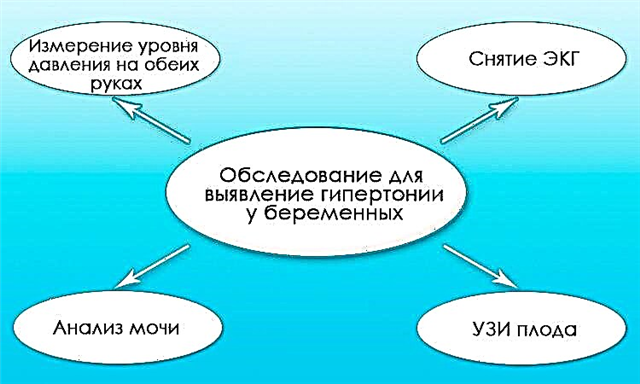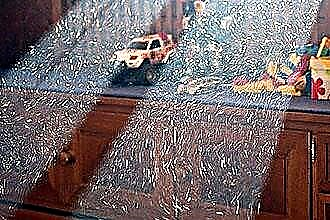If a child has a stuffy nose, usually the first thing parents do is use vasoconstrictor drops - this is the main weapon in the fight against a runny nose, which allows nasal breathing to be restored. However, very often parents are faced with a situation where the desired effect does not occur. What are the main reasons for this problem? Several of the most common ones can be distinguished:
- Misuse of drugs.
- Improper use of vasoconstrictor drops.
- Taking medications with delayed action.
Possible reasons
Often, parents independently make a diagnosis that is far from real. You can treat a child for an allergic rhinitis with conventional vasoconstrictors, or use antimicrobial drugs for common ARVI. In the end, it turns out that the child has a stuffy nose, and the drops do not help. Incorrect treatment is to blame.
In this case, if your child's runny nose has lasted for more than a week, you definitely need to show the patient to a doctor who will help find out the causes of the disease and make the correct diagnosis. Based on the information received, the specialist will be able to prescribe the treatment that will be most effective in this particular situation.
Very often, to make the correct diagnosis, it may be necessary to pass tests, because clinical signs are often not enough to understand the reasons that caused the nasal congestion. Therefore, do not self-medicate, because taking medications at random is a large and unjustified risk.
Vasoconstrictor drops in pediatrics are generally a separate conversation. On the one hand, not a single mother can imagine the treatment of a common cold without the means of this group of drugs, and every time with another nasal congestion, parents take Naphtizin or Galazolin from the first-aid kit. On the other hand, this category of drugs has a number of contraindications and side effects, and an overdose of the drug is dangerous for the health of the child. However, the high efficiency of vasoconstrictor drops and quick relief in the absence of nasal breathing are the determining factors in their use.
Problem solving methods
So, if a child's nose is very stuffy, drops do not help - what to do? Why does this phenomenon take place? The thing is that addiction occurs to any vasoconstrictor drug. After all, the duration of taking such funds most often should not exceed four to five days.
With a longer use of such drops, a rebound effect occurs: a standard dosage has a short effect, shortening on the seventh to tenth day to several minutes, and in the absence of the drug, the nasal mucosa begins to swell on its own.
This phenomenon is called medication rhinitis, that is, a runny nose that occurs as a result of improper use of drugs. Ultimately, parents begin to sound the alarm and say that the drops do not work and do not fulfill their main function - to relieve nasal congestion.
The only help in this situation is to stop taking this drug.
After just a few days, the effect of medication rhinitis will begin to fade, and the nasal congestion will gradually recede after a few weeks.
Also, quite often you can find a situation when your child has a common cold with a runny nose, you went to the doctor who prescribed you a drug, the effect of which you do not notice. You start to sound the alarm that these drops are not helping. But is it really so? First you need to find out what exactly was prescribed by the doctor?
Very often, the doctor prescribes a drug, the action of which is aimed not so much at eliminating the symptoms of the disease, as at treating the disease itself. As practice shows, such drugs do not give a quick effect. Therefore, it would be a mistake to believe that the medicine will eliminate nasal congestion after the first few doses.
Such drugs fight directly against the virus or bacteria that caused the disease, and significantly reduce the duration of the disease. While you should not expect a quick effect from such a medicine, you do not need to complain that drops from a cold do not help.
Therefore, the main action of parents in this situation will be to continue to give children a drug that will certainly show its effect, but not as quickly as we would like.
Conclusions
Based on the above, we can conclude that if during an illness your child has a situation where drops do not help with nasal congestion, you should not
- fuss and give the child everything that is in the home first-aid kit;
- use vasoconstrictor drops longer than indicated in the instructions for the drug;
- "Rush" recovery;
- self-medicate if the runny nose lasts more than a week.
For the correct and timely treatment of a cold in a child, be sure to consult a doctor!



